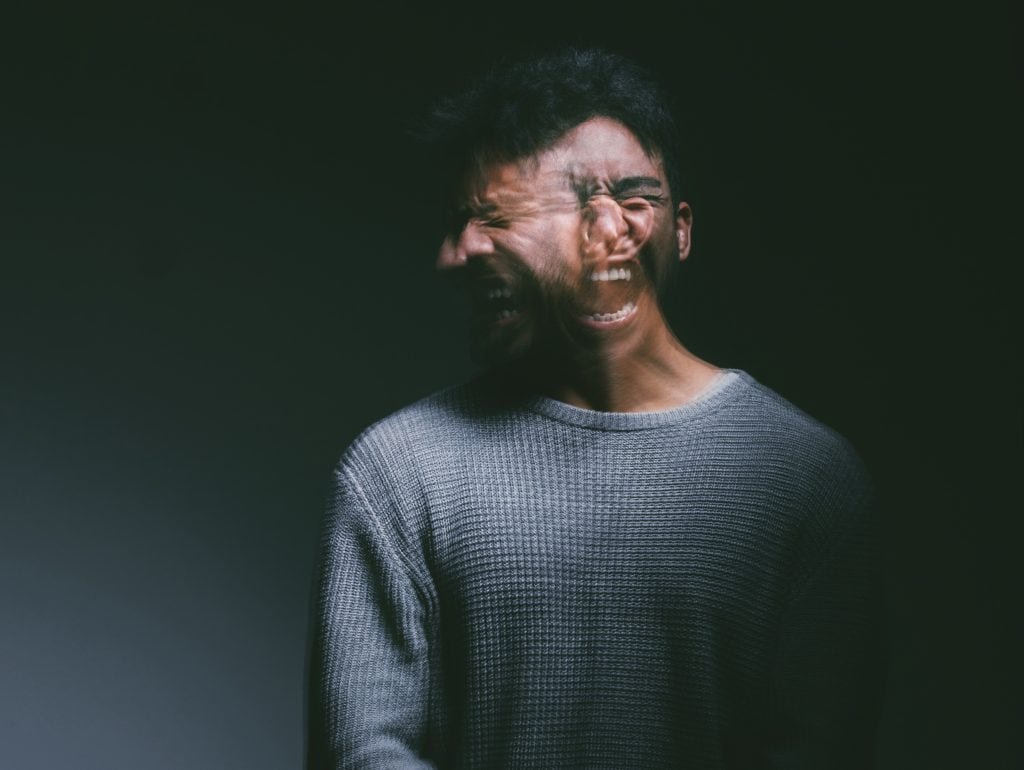Breaking down stereotypes, just like adopting a feminist attitude to the analysis of the world, brings benefits to both women and men: the prejudices to which the latter have to submit, actually wears out their health. Mental primarily.
63% of those who refuse psychotherapy are men: the analysis – performed from BVA Glory And Serenis in a sample of it 1000 respondents aged between 18 and 54 – leaves no doubt. To the question “If you need it in the future, could you consider relying on a psychological support service?” 300 respondents said no and 189 of them are men.
The reasons why men refuse psychotherapy
Do men need psychological support? What are the brakes on men approaching psychotherapy? Psychotherapists specialize in cognitive behavioral therapy Federico Russo, also Clinical Director Serenis, e Martina MiglioreDirector of Training and Development at Serenis, answered these questions with the aim of identifying him cultural factors influencing men’s rejection attitudes and to inquire into the consequences of such rejection.
The internalized gender stereotypes appears to be the main obstacle to men’s enjoyment of psychotherapy, for which male promiscuity is associated with virtue and emotionality with weakness: chauvinistic biases that systematically assign attributes of power to men and those of submission and paternalism to women .
This complete adherence to gender roles causes psychological discomfort in men who often, instead of seeking help, deny themselves the exploration of their feelings. But, observes Federico Russo, focusing on the new generations, “Younger people tend to perceive less of the stigma of psychotherapy and consequently talk about it more casually, especially if they live in a cultural environment in which stereotypes and traditional myths find less space. (eg large urban centres). Conversely, older adults are less likely to seek mental health services, and if they do, they experience it in secret, to the point of not even revealing it to family or friends. The data in the Doxa survey speak clearly: taking into account the male population examined, those over 35 who refuse psychotherapy are +4% more than young people.

As reported by the Istituto Superiore di Sanità, 80% of suicides in Italy are committed by men: Men’s avoidance of signs of emotional distress that manifest through physical symptoms—such as dizziness, headaches, and palpitations—makes the situation worse. Men who avoid asking for help usually lack emotional literacyas they fail to recognize and express emotions and cope with stress with negative strategies such as emotional suppression or, sometimes, harmful behaviors.
“Men are generally more inclined to seek help for anxiety disorders, especially when they become unbearable and limit their social life. Difficulties in relationships, such as divorce, can also prompt a request for help, especially when children are involved. In contrast, help-seekers are more sensitive and empathic, they recognize their own feelings and the feelings of others and can cope with stress in a more resilient way.” – clarifies Russo.
What impact on women’s lives? Greater care and stereotyping
Men’s refusal of psychotherapy also has precise effects on the lives of others. In family contexts, for example, a certain historical tendency is clinically observed that would lead women to neglect themselves and take over their own and their partner’s emotional awareness and management of their own difficulties in combination with those of the other.
This would trigger vicious cycles of hyper-control that cause difficulties for women who would continue to experience a spirit of sacrifice and the need to endure illness and discomfort in silence in order to be considered good mothers, wives or partners.
On the other hand, however, the myth of the strong and infallible man seems to have almost reached its end: Anyone who is emotionally aware, whether female or male, increasingly expects the man to take more responsibility for his weaknesses and difficulties.

“If the myth of the infallible persists in the man, the man who “never needs to ask”, in the woman the notion that she should easily take on the problems of the whole family, often also friends and acquaintances, a little spirit. of the sacrifice that we carry with us historically and which means that we must “endure the silence” to be judged a “good” mother, wife, partner, etc., as if there was an implicit need to support the role of the woman herself and therefore it was necessary to put one’s own difficulties on the back burner.» – concludes Martina Migliore.
Deconstruct it macho culture and patriarchal that enforces a concept of masculinity within which the male gender role appears masculine and powerful, therefore, good for men as well as women
Conceiving of psychological difficulties as “female” things, especially if they involve emotional states associated with sadness or fear, is counterproductive and harmful. On the contrary, the approach of men in the psychological sphere is a benefit that benefits the entire population. Regardless of gender, learning to know yourself without fear means taking care of yourself. Be sure to take care.

